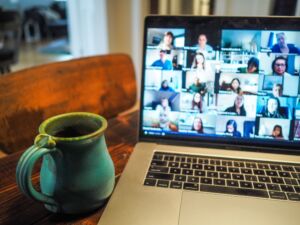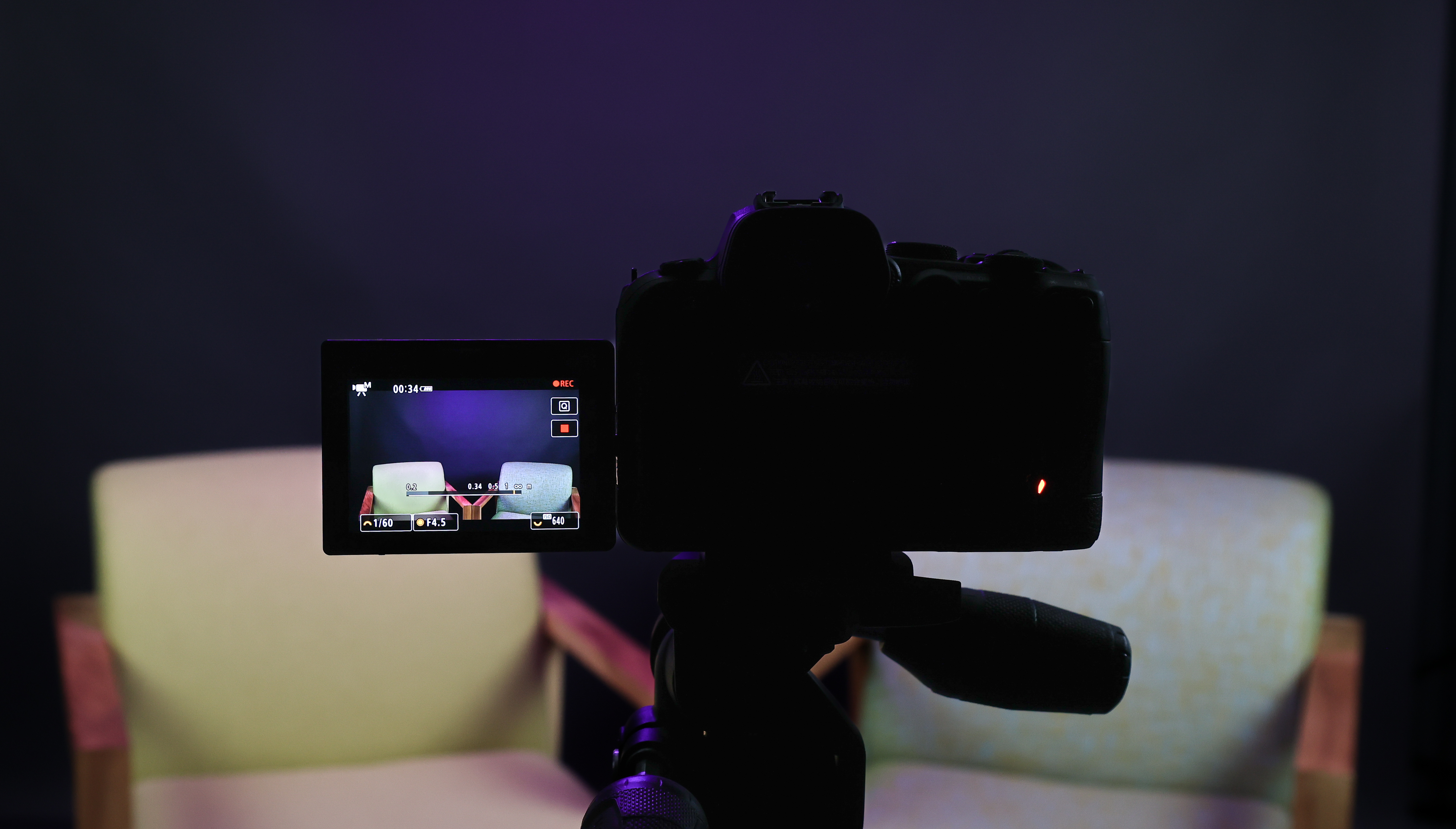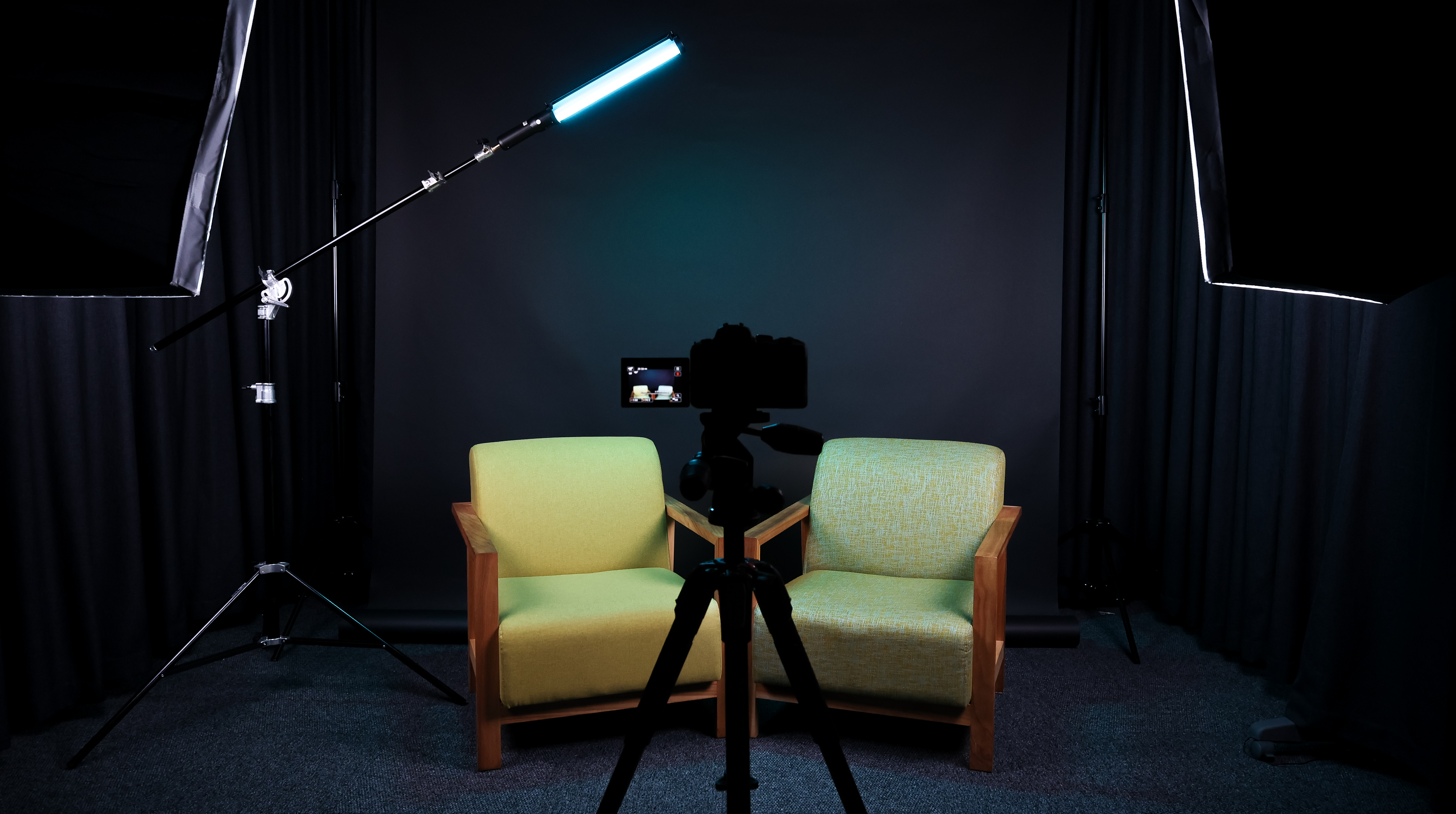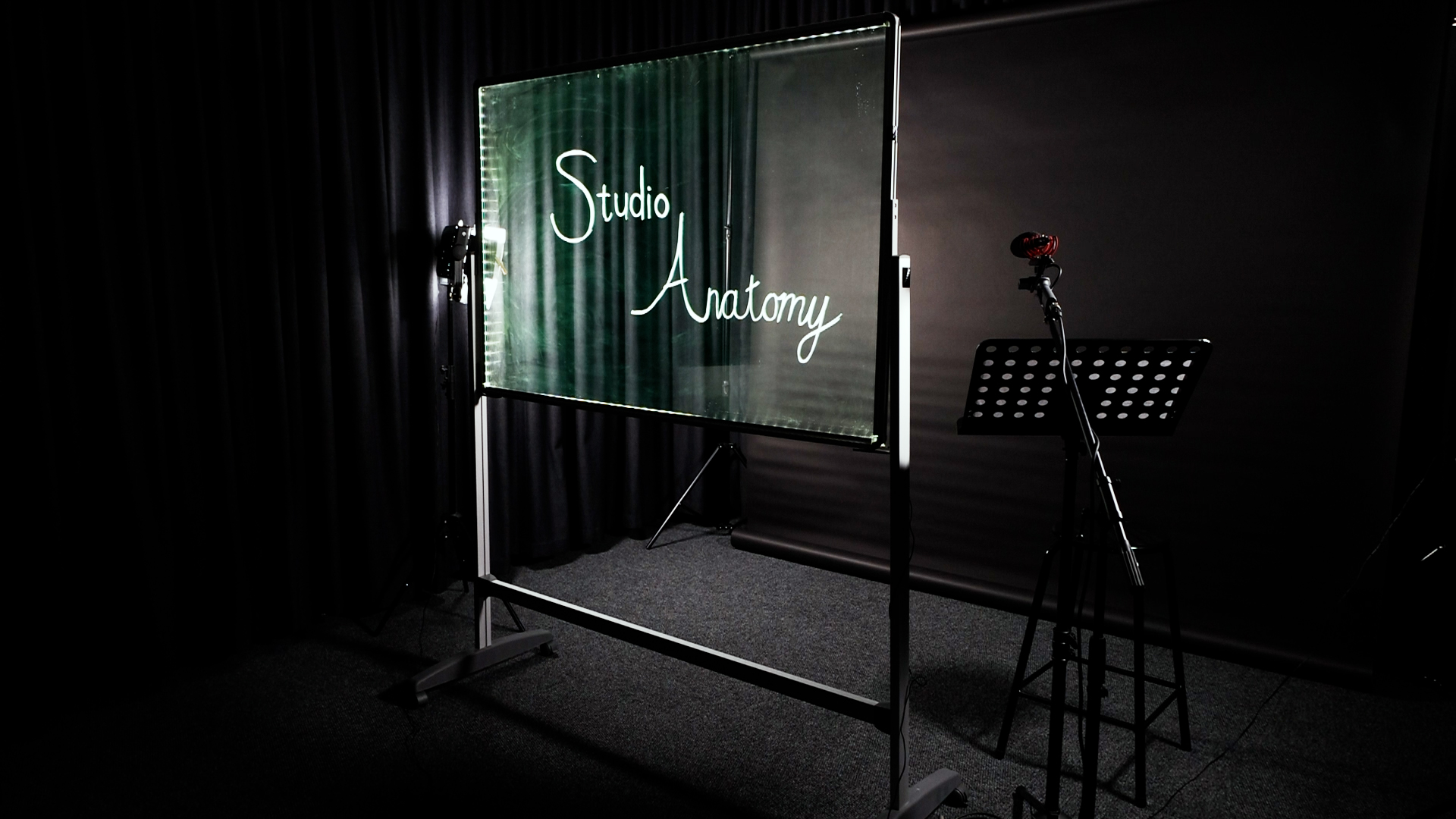Department of Health Professions Education
Digital Education & Innovation
Digital Education and Innovation is situated within the Department of Health Professions Education. The unit was established to facilitate the adoption of technology within the Faculty of Medicine and Health Science (FMHS) and to promote the ICT Strategies of both the FMHS and Stellenbosch University.
Vision
We are committed to facilitate, establish and improve the use of Learning Technologies to create an environment within which meaningful Teaching and Learning can flourish within the Faculty and beyond.
Mission
We offer leadership in the FMHS with regards to Learning Technologies. We are focused on helping colleagues use technology in ways that are both educationally effective and resource efficient. We will be focused on promoting awareness and expertise in the use of available educational technology resources. We are also committed to establish ourselves as experts in the field of Learning Technologies in Health Professions Education by doing research, building relationships and provide training.
What we Offer
We provide an advisory role, regarding the integration of learning technologies through consultations and training to staff.
Consultations
 The Digital Education and Innovation Team is available for individual consultations with academic staff on issues related to blended learning and/or e-learning initiatives or research projects. This consultation service is provided on request if and when a lecturer or head of department has an interest in using technology to enhance learning. As we strive to incorporate technology in a meaningful way into the curriculum, the learning needs are placed at the forefront of the conversation as opposed to finding a way of inserting a specific technology into the course just because it is interesting or exciting. It is a process that requires critical thinking and analysis of the learning needs of the students as well as the available resources that can be used to meet the outcomes of a course, therefore, it may be a lengthy process.
The Digital Education and Innovation Team is available for individual consultations with academic staff on issues related to blended learning and/or e-learning initiatives or research projects. This consultation service is provided on request if and when a lecturer or head of department has an interest in using technology to enhance learning. As we strive to incorporate technology in a meaningful way into the curriculum, the learning needs are placed at the forefront of the conversation as opposed to finding a way of inserting a specific technology into the course just because it is interesting or exciting. It is a process that requires critical thinking and analysis of the learning needs of the students as well as the available resources that can be used to meet the outcomes of a course, therefore, it may be a lengthy process.
Training & Support We are committed to supporting staff in their efforts to include technology meaningfully into their courses for students. We are often asked to provide advice regarding a specific software package or tool that a lecturer would like to incorporate into their teaching practice. These could include podcasting or lecture-capture software, internet-based tools such as the Google suite, and tools used for creating an active learning environment or sunlearn. Training is directed to academic and administrative staff, and where necessary, staff are advised and supported in how to provide students with basic instructions on the use of these tools.
Blended Learning & Instructional design support
 Blended learning is the combining of traditional learning with e-learning. This forms part of the University’s ICT strategy and is managed by Learning Technologies in the Faculty.
Blended learning is the combining of traditional learning with e-learning. This forms part of the University’s ICT strategy and is managed by Learning Technologies in the Faculty.
FMHSLearn, the University Learning Management System, has become the platform for much of the blended learning initiatives at the faculty and has had a positive impact in the Curriculum Renewal process.
Some examples of this include;
- peer review video projects,
- introducing interactive self-study activities using cost-effective SCORM software,
- flipped classrooms
Instructional design is the systematic process by which instructional materials are designed, developed, and delivered using instructional technology. It involves an analysis of learning needs and the learning goals and then the development of a delivery system to meet those needs.We can assist with the development of learning material or activities that are interactive and adaptive. We make use of Articulate Storyline 2 for this: https://www.articulate.com/company/about.php Examples of some interactive lessons for health sciences: https://community.articulate.com/articles/elearning-medical-examples
e-Assessment training & support
 This refers to the use of information technology for assessment purposes. Different types of e-assessment practices can be used that makes testing more authentic. There is a range of e-assessment practices such as
adaptive testing and
classification testing and Stellenbosch University makes use of Moodle for assessment practices.
This refers to the use of information technology for assessment purposes. Different types of e-assessment practices can be used that makes testing more authentic. There is a range of e-assessment practices such as
adaptive testing and
classification testing and Stellenbosch University makes use of Moodle for assessment practices.
The benefits of an e-assessment are that you can include multimedia in your questions, assessments can be marked electronically so test results and feedback is available immediately to students and you can also use the learning analytics to monitor individual or group processes as well as outcomes.This is just to name a few.
Videography, Recordings, Podcasting & Educational lightboard videos
 Podcasting is the process of capturing lectures in the form of audiovisual material depicting presentations in the form of powerpoints, pdf’s, word documents or generally anything that is presented on the computer screen. In addition, a podcast also has an audio component to it, i.e voice of the person presenting or clip media such as youtube videos etc.
Podcasting is the process of capturing lectures in the form of audiovisual material depicting presentations in the form of powerpoints, pdf’s, word documents or generally anything that is presented on the computer screen. In addition, a podcast also has an audio component to it, i.e voice of the person presenting or clip media such as youtube videos etc.
The FMHS Multimedia Studio is situated on the K-floor within the Clinical building. We specialize in the production of premium audio-visual content aimed at enhancing the educational experience. The studio boasts advanced technological resources enabling the creation of diverse video and audio materials tailored to your specific subject matter. Additionally, our learning advisors are available to provide guidance on the potential multimedia options and outcomes that can effectively augment your subject matter.
 If you want to explore implementing digital technologies in your teaching and learning and need help with this please contact us.
Log a ticket here
If you want to explore implementing digital technologies in your teaching and learning and need help with this please contact us.
Log a ticket here

Associate Professor Simone Titus:
Manager of Digital Education & Innovation Team
Mrs. Lizaan de Kock:
Videographer & Audio-Visual Content Producer
Aayshah Jaffer: Learning designer
Mr Tawfeeq Titus: Learning designer
Mrs Donna Rayned- Blended learning advisor
Mr Mpho Mongake- Blended learning advisor
Mr Rusche Petersen: Digital education innovation administrator
For more information contact:

